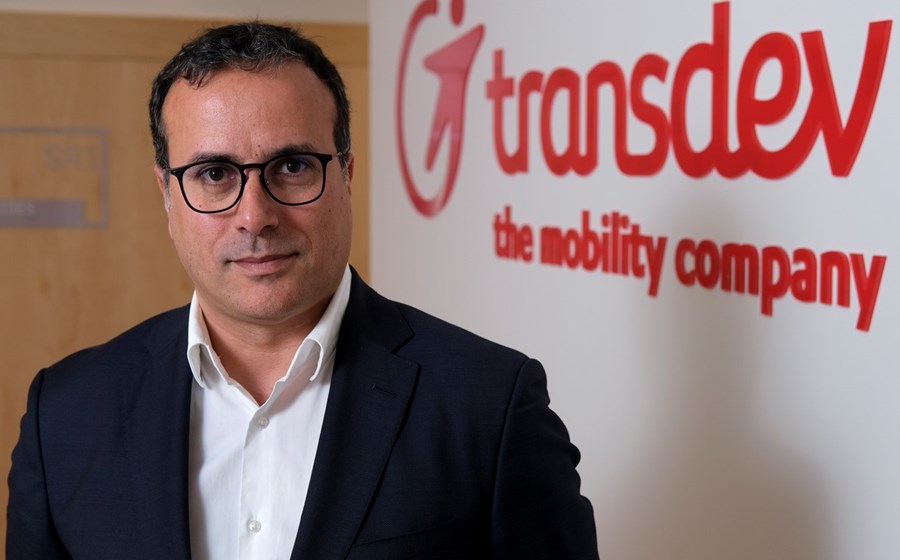Because of the pandemic and energy costs, Transdev will ask for the financial rebalancing of five public transportation concession contracts. Sérgio Soares warns that some contracts are totally unsustainable.
Transdev has won four new generation public transportation service contracts in Portugal and hopes to win ten more. Sérgio Soares says the contracting process is long and estimates that it will take two or three years to conclude.
How do you assess the contracting process for the public transportation service in Portugal, which has yet to be concluded?
It is very complex and slow, but this is not a unique situation in Europe. Most of the proposed contracts are insufficient in terms of viability or even in terms of investment ambition and ambition to cover a wide offer for the population. There are exceptions that could serve as a model for regions whose procedure is even further behind.
How did this procedure work out for Transdev? How many concessions did it win and how many others did it submit proposals to?
At present, Transdev, where nearly 50% of our turnover comes from tenders, has won four new generation public transportation contracts and is expecting ten more.
Do the prices that were quoted in the tenders launched two or three years ago make sense today, with the pandemic and current fuel prices?
There are generically two forms of contracting: one in which the revenue comes from the use of public passenger transportation; the other in which transportation is contracted out and the revenue belongs to the authority. The structural impact of the pandemic on passenger mobility is enormous and makes most contracts in the model where passenger revenue is the only revenue totally unsustainable. In the second model, which is a contractual model where the revenue is owned by the authority, the important issues concern the indexation of the service price to normal or exceptional conditions. Here the key issue is that the authority must define its transport policy, assume its cost, and have an operator, which is nothing more than an industrialist, carry out this activity.
What will happen to these contracts? Can there be a reduction in supply to compensate for the increased costs?
These contracts need to be analyzed very carefully by both the operators and the authorities, because it is unthinkable that five-, seven- or ten-year contracts would remain active and serve the population when they are totally unsustainable. This would not happen in a public company, let alone a private one. We need to be more sensitive to the structural effects we are experiencing. We have never experienced such dramatically disruptive moments in such dimensions, which go through a pandemic, the influence of people’s behaviors, the rise in energy costs that goes back long before the impact of the war, and these aspects must be taken into account. If they are taken into account, the contracts are what they were planned and placed for. If the effects that dramatically impact these contracts are not corrected, they will have no effect.
Are the companies not getting the job done that was planned?
I would say that the populations are not going to have what they should have: an ample public transportation offer that helps them at a time of great difficulty, also economic, because that is what public transportation is.
Has Transdev already had contacts with the public transit authorities? Is there any sensitivity to reviewing the contracts?
Given their nature, the contracts have clauses that provide for significant variations that impact them. There are other issues that are so exceptional that we have to appeal to the sensitivity of the central state itself to provide the authorities with the resources to deal with these effects, because what we sense from the authorities we are involved with is that they have a great desire to make their transport what we want it to be in the 21st century, but they don’t have the resources. We are working on this issue. It’s a process of evaluation, of identifying the variables that have changed and those that have not and what can and cannot be incorporated into existing contracts.
*This article originally appeared in Negocios.pt on May 10, 2022

